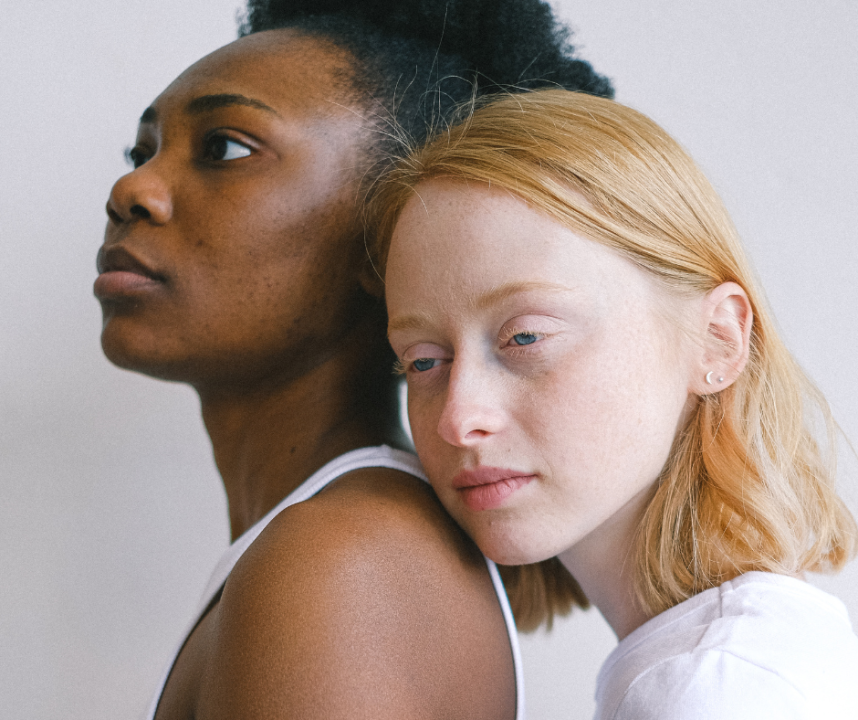The mental wellbeing of queer women is a topic that resonates deeply with me, both personally and professionally. As we delve into the complex fabric of their experiences, it’s crucial to not only rely on statistics but to also share stories that bring these numbers to life. The National LGBT Health Education Center reveals a stark reality: queer individuals face a 2.5 times greater risk of experiencing depression, anxiety, and substance misuse. This statistic isn’t just a number; it’s a reflection of the lived experiences of countless individuals navigating a world that often feels unwelcoming and unsafe.
The mental health journey for queer women is often complicated by societal norms and discrimination that have historically marginalized their experiences. The lack of recognition and understanding of their unique challenges significantly contributes to their mental health struggles. Discrimination, stigma, and the invisibility within society exacerbate these challenges, creating barriers to well-being. My approach acknowledges the intricate challenges that arise from the intersectionality of identities, advocating for a more nuanced and compassionate understanding of queer women’s mental health.
Queer women disproportionately face depression, anxiety, and substance abuse, compounded by a lack of supportive environments and representation. The stigma surrounding both their identity and mental health struggles intensifies these issues, leading to a cycle of silence and isolation. I believe in addressing these multifaceted challenges head-on, offering targeted support and interventions that recognize the unique pressures queer women face.
My own journey and those of the individuals I’ve had the privilege to support through my work underscore the urgent need for safe spaces and affirmative mental health resources. The Journal of Lesbian Studies points out the dire consequences of inadequate support and representation. This resonates with my observations of how the stigma surrounding both queer identities and mental health can lead to silence and isolation. The cycle of suffering is one that we can and must break.
Addressing these challenges head-on means creating environments where queer women feel seen, heard, and valued. The Trevor Project’s 2021 survey offers a beacon of hope, showing that supportive spaces can significantly lower the risk of suicide attempts among LGBTQ+ youth. This underscores the power of affirmation and community in fostering resilience and promoting mental health.
The pathway to wellbeing for queer women involves more than just access to queer-friendly mental health services; it requires a holistic approach that includes education, advocacy, and community support. These elements are instrumental in building a society that not only understands but celebrates diversity. My work is dedicated to this mission, striving to create a world where queer women can thrive without reservation.
The well-being of queer women is a critical concern that requires continuous support and advocacy. I am committed to fostering an inclusive and supportive community that addresses the unique challenges faced by queer women. Through advocacy, resource development, and community support, I am to meet the mental health needs of queer women effectively. Join me in creating a more understanding, supportive, and inclusive environment for queer women and beyond.
For those seeking guidance, support, or looking to contribute to a more inclusive mental health landscape, reach out www.annrusso.net. Together, we can make a difference in the lives of queer women.

